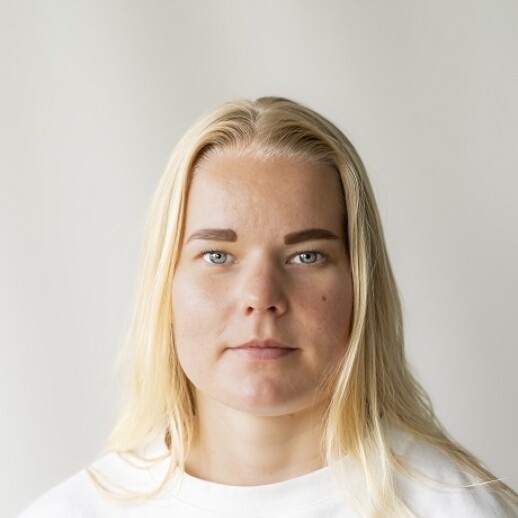Materials in Health Technology
Our research focus is in understanding the interface of materials in biomedical applications.
One of the main focus areas is developing sensor technologies for health care. Improved sensor technologies will be a crucial modulator in changing disease-focused health care to preventive health care. To this aim, sensitivity, selectivity, temporal resolution, stability and biocompatibility of the sensors need to be improved. Moreover, the clinical success of an implantable medical device is determined by the interaction between the implanted material and the human body. Therefore we need to develop implant surfaces that generate the most beneficial cellular or tissue response in the specific application. We strive to understand how the properties of the materials could be assigned to their performance. Fundamental characterization of the materials and in situ measurements of interfacial phenomena provide novel essential information about materials and their reactivity.











